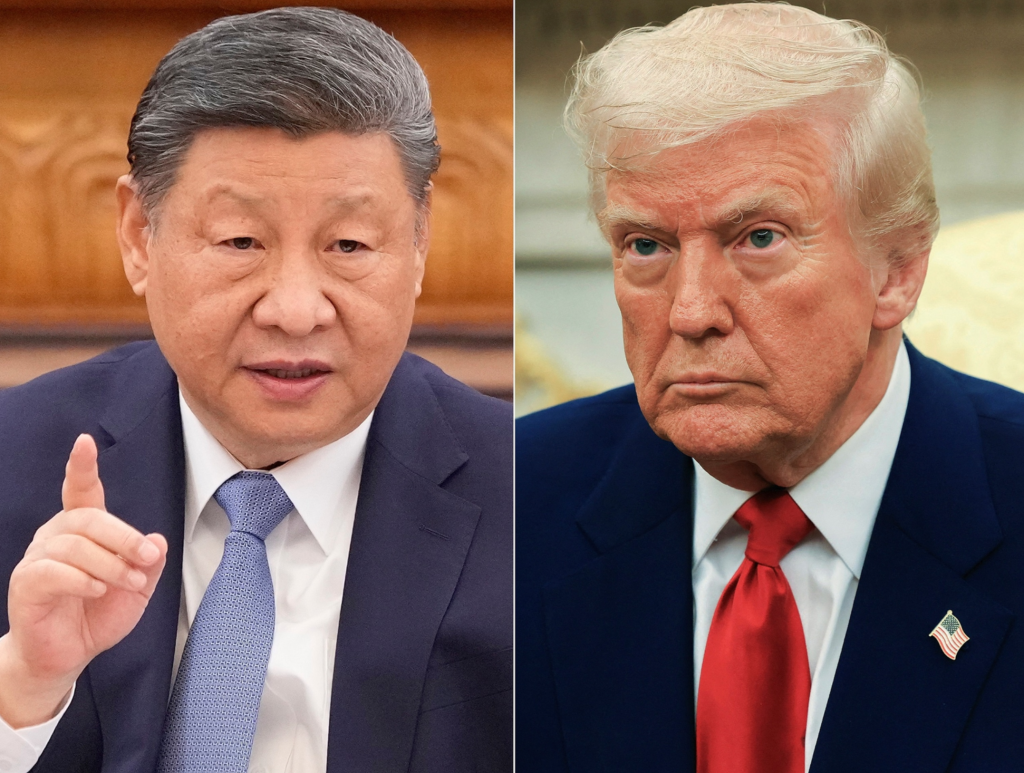
China has declared it will increase tariffs on all U.S. imports to 125%, escalating the trade conflict between the two global economic powerhouses.
In a statement issued on Friday, China’s State Council Tariff Commission condemned the move, stating, “The U.S. decision to impose excessively high tariffs on China severely breaches international trade norms, fundamental economic principles, and logical reasoning.”
The new tariffs will come into force on Saturday, April 12, according to the announcement.
China and the U.S. have been locked in a retaliatory trade battle, with President Donald Trump recently escalating tariffs on Beijing—even as he delayed duties on other countries following a negative market reaction.
Trump’s combined tariffs on Chinese goods now reach 145%, including a previously unmentioned 20% levy tied to China’s role in fentanyl production, which was not part of his initial 125% announcement on Wednesday.
At the same time, China’s Commerce Ministry said it is preparing a fresh WTO complaint against the U.S. tariffs, accusing Washington of causing global economic “instability” through Trump’s trade policies.
A Chinese Commerce Ministry spokesperson stated that Washington’s tariffs have “plunged the global economy, international markets, and multilateral trade systems into severe shocks and turmoil,” adding that “the U.S. must bear full responsibility for this.” The ministry called on Washington to “take significant steps to scrap the so-called ‘reciprocal tariffs’ and fully rectify its misguided policies.”
A spokesman criticized the U.S. approach, saying, “The U.S. keeps arbitrarily hiking tariffs on China like a numbers game—it’s economically meaningless and will go down as a joke in world economic history.”
However, he warned, “If the U.S. persists in seriously undermining China’s interests, China will firmly retaliate and fight back to the end.”
‘Pretty Strong’ Rhetoric
Al Jazeera’s Katrina Yu, reporting from Beijing, described China’s statements as “pretty strong” but noted that Beijing is still leaving room for dialogue with the Trump administration. “China remains open to talks,” she said, “but threats and pressure won’t work. Beijing is signaling that the door isn’t completely shut—but as long as the U.S. keeps imposing these punitive tariffs, which China sees as bullying, real negotiations seem unlikely.”

Karl Widerquist, a professor at Georgetown University in Qatar, told Al Jazeera that he expects the U.S.-China trade war to “accelerate inflation.” He explained that American consumers may be “panic-buying” goods ahead of the tariff hikes, artificially spiking demand and pushing retailers to raise prices even before the new duties take effect.





